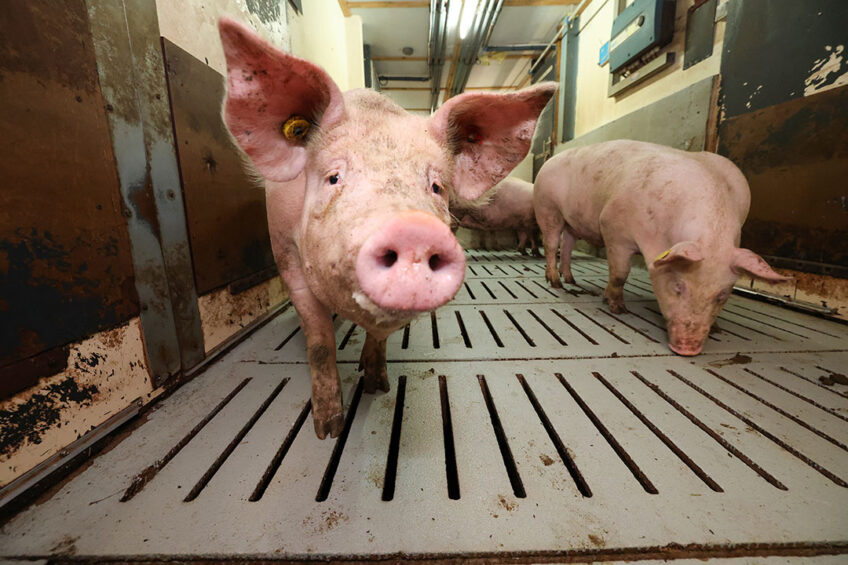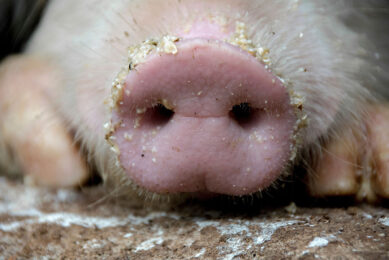Canada’s pig industry welcomes new research centre

A brand new pig research facility has opened in Ontario, Canada. It is welcomed by producers, Ontario Pork, pig researchers and other industry players. The facility cost CAN $ 20 million (€ 13.9 million) and took about 3 years to build.
Ontario Pork Chair John De Bruyn explained at the facility’s grand opening that “our industry is poised to undergo significant transformations driven by advancements in technology, changing consumer preferences and sustainability goals, as well as global economic forces.” He highlighted the importance of the best research, as “the industry’s ability to adapt and innovate will play a crucial role in keeping us competitive in the world market.”
New livestock facilities
The Ontario Swine Research Centre is part of a cluster of new livestock research facilities at the Elora Research Station of the University of Guelph, one of Canada’s leading agriculture universities. There are also new beef and dairy research facilities at Elora, and a new poultry facility is planned.
There was a swine research facility for many decades in the regions (Arkell, ON). It held a 350-sow farrow-to-finish operation with a closed Yorkshire breeding herd. However, this location, which opened in 1975, was in need of major updates. Instead of choosing that road, industry stakeholders, research and government officials decided a few years ago that a new site at Elora made more sense.
Relevant swine research for most regions
Dr Lee-Anne Huber, an associate professor of swine nutrition at the University of Guelph, remarked on the flexibility of the centre for doing trials that will have wide relevance. “We can do research that’s relevant to most regions in the country,” she stated at the opening. “The sky’s the limit, I think.”
The centre has the latest automated technologies to both increase the accuracy of data collection and expand what data can be collected. Automation also reduces the labour involved in research and avoids human error.
Medication can be delivered through the water lines in specific amounts, for example. A Gestal feed system by Jyga Technologies is available to formulate and deliver individual diets for pigs using radio-frequency identification (RFID) technology, and also adjust formulas and amount of feed in real time. Depending on the type of trial, the use of automation technologies and the layout of pens also means trials may be able to be finished more quickly.
Expansion of US veterinary colleges
Meanwhile, over 10 new veterinary colleges have been announced in the US. There are 33 already functioning. This would increase the number of large (livestock) and small (pet) veterinarians in the country substantially. The proposed sites are outlined here by the American Veterinary Medical Association (AVMA).











